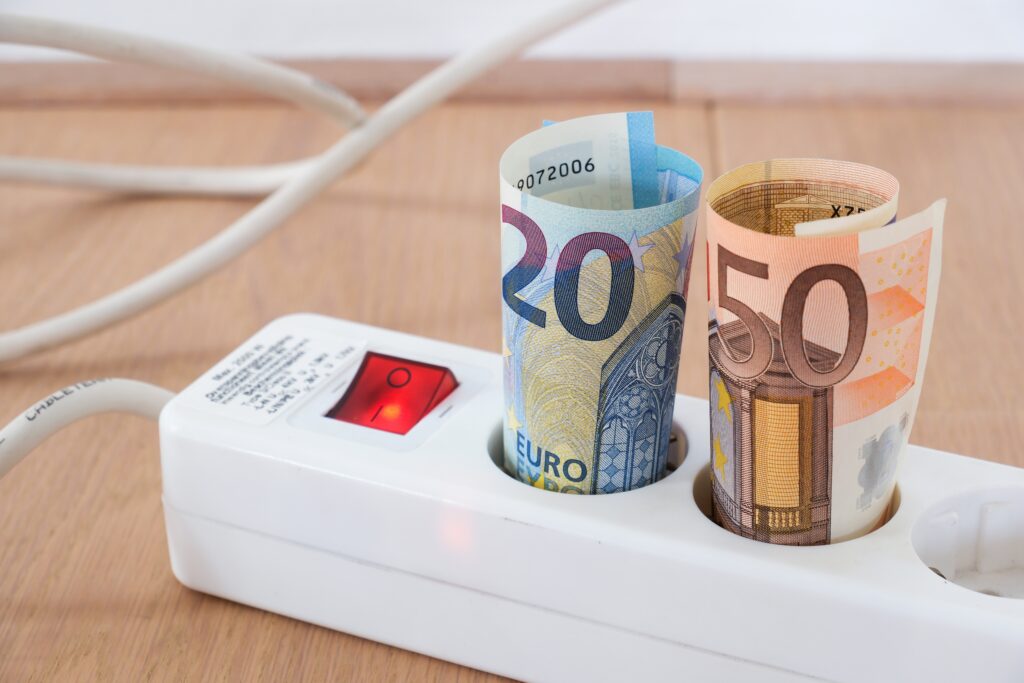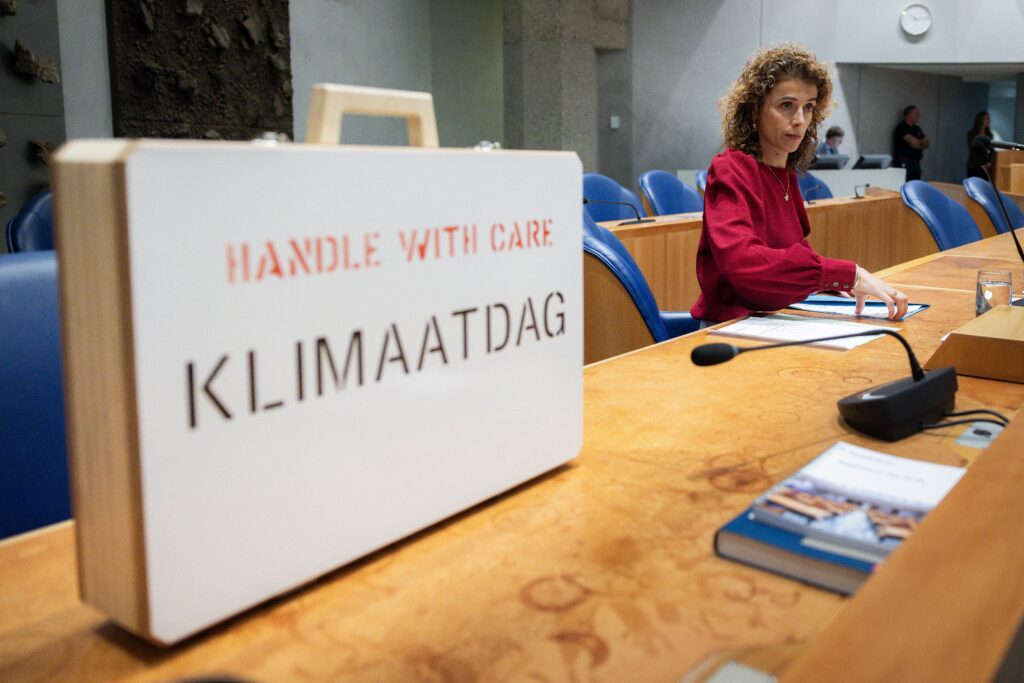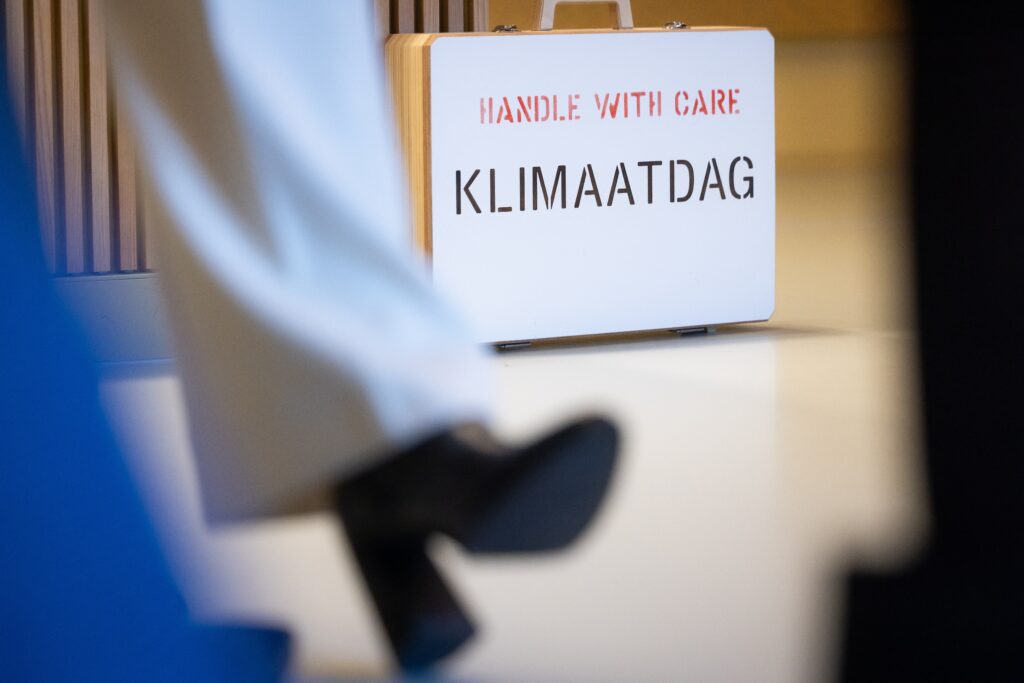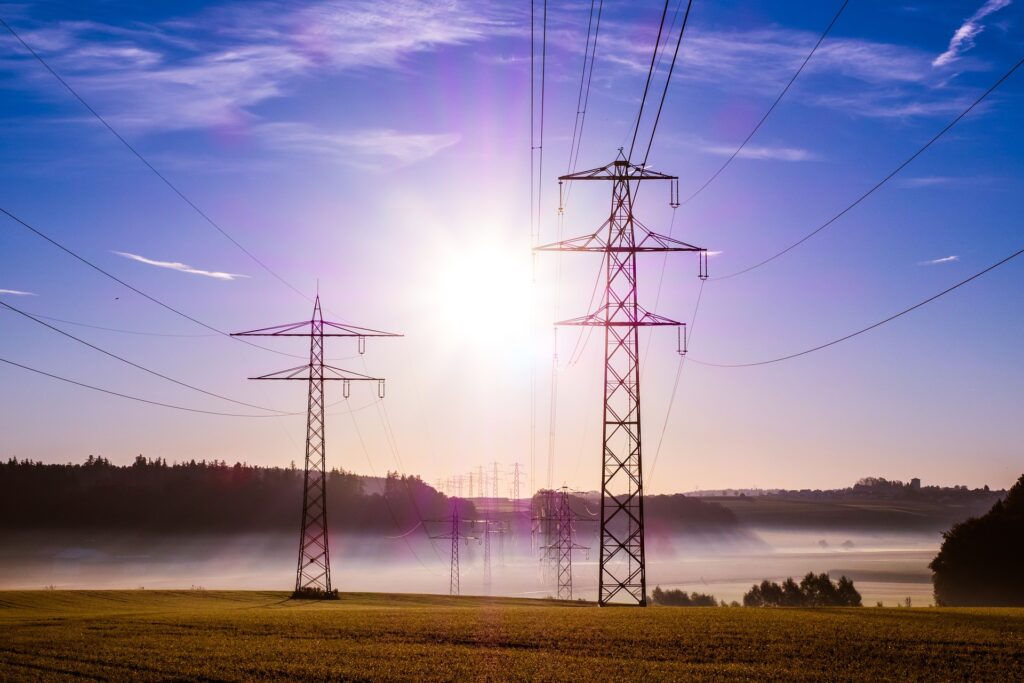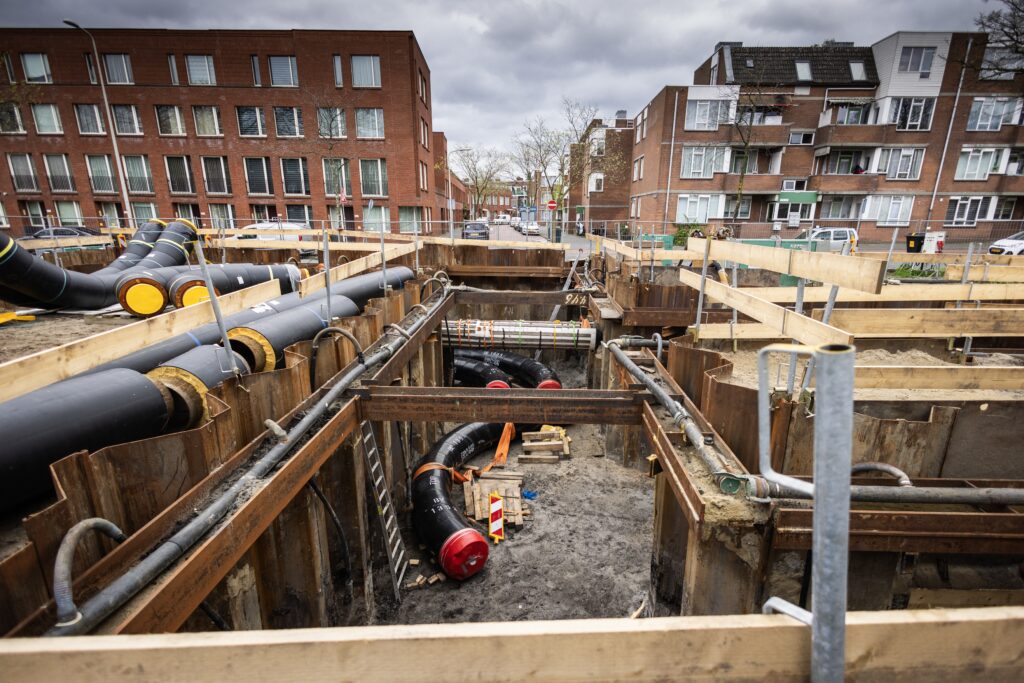The Senate will discuss the bill for the phasing out of the netting scheme on February 6. Trade associations Nederlandse Vereniging Duurzame Energie, Holland Solar, Energie Samen, Energie- Nederland, Netbeheer Nederland, Flexible Alliance Network, Energy Storage NL and Techniek Nederland call on: Senate, vote for phasing out netting scheme. The arrangement has done its job and is no longer sustainable. Continuing with netting means that electricity grids will become further overloaded in the future and that the social costs of maintenance will increase. We are convinced that solar panels will remain attractive to millions of households even with the phasing out of the netting scheme.
Full electricity grid
Not only have solar panels become increasingly cheaper (this year the price has even been halved), it is also increasingly possible to use the self-generated electricity in your own home without burdening the grid. The more than 2.6 million households with solar panels in the Netherlands currently use an average of 30-40% of the electricity generated themselves. The rest is fed back into the electricity grid, which means the grid becomes overloaded at peak times. Returning solar power at these times puts extra pressure on the electricity grid, leading to increasing complaints about inverters that fail automatically. An inverter that fails ensures that the solar power cannot be sent to the grid, but also cannot be used itself. Due to the netting scheme, there is no incentive for the solar panel owner to use their own generation. While this is necessary to ensure that consumers can continue to use their solar panels in the future.
‘Self-consumption’ relieves the electricity grid and prevents surpluses from occurring during the day; while use of any stored electricity in the evening actually prevents (fossil) power stations from having to be switched on. The direct use of generated solar power is a prerequisite for the energy system of the future, a new phase has begun. Options for more self-consumption include the ‘smart’ use of a heat boiler, smart charging of the electric car and other electrical devices, and local storage in a home or neighborhood battery. However, the current netting scheme lacks any incentive to increase self-consumption. As long as supplying pays off, this problem will continue to grow with an increasing number of solar panels.
Unfair costs
If the netting scheme is not phased out, the government will miss 2.8 billion in tax revenue, an amount for which, according to the minister, no coverage has yet been included in the budget. In addition, the netting scheme is unfair: households without panels contribute disproportionately to financing netting and supplying back the generated energy. And not everyone can or may – financially or physically – purchase or install solar panels, such as residents of apartments or flats. The share of total households living in social housing alone is 34%. These are the groups that foot the bill for a benefit for people who can make the investment. We find this unfair.
We therefore support Minister Jetten’s proposal to make 100 million available to make corporations and private landlords in the regulated segment more sustainable if the netting scheme is phased out. We see this commitment as an important and logical next step to provide targeted help to households that need a lower energy bill in the short term compared to the phasing out of net metering. Just as there are subsidies for insulating your home, an investment subsidy could also become available for a certain group of households. In any case, installing solar panels remains attractive to everyone.
The phasing out of the netting scheme is necessary to better support specific groups in purchasing solar panels while social costs remain manageable.
Investment remains interesting
More than 2.6 million households now have solar panels on their homes. Even if the law is accepted, the payback times will remain attractive for owners who already have solar panels and for future owners of solar panels. According to MilieuCentraal, an independent advisory body, the payback period is in most cases less than seven years. This calculation takes into account the phase-out path of the netting scheme. After those 7 years, the self-generated electricity can be used free of charge for an average of 18 more years. In short: even without a netting scheme, solar panels remain an interesting investment for home owners. By making the net metering scheme more frugal – by gradually phasing it out over 6 years – solar panels remain attractive to all Dutch people and we therefore do not jeopardize our goals for energy independence and sustainability.


